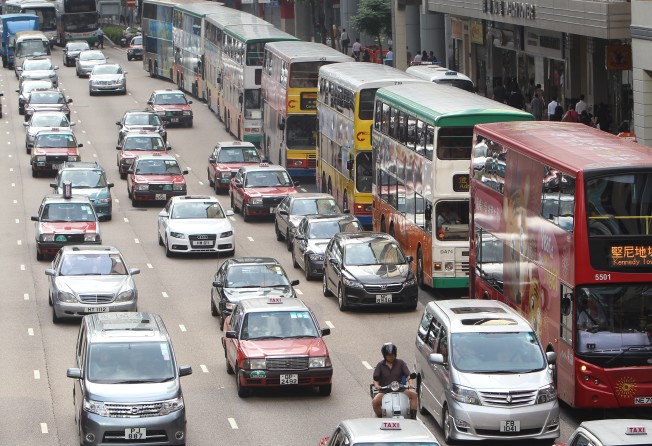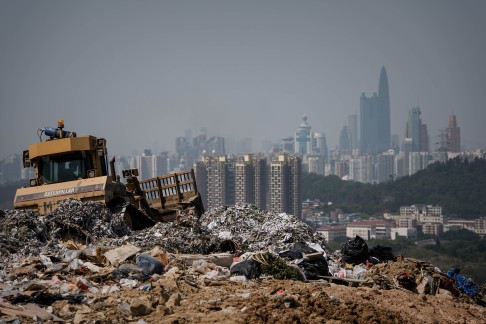Hong Kong, it's time to be less selfish and adapt the sharing economy like other cities
Peter Kammerer says the city lags others in embracing the trend to share underused assets and services, a sign that we lack a sense of community

There's only so much space in a Hong Kong flat. The longer we live in it, the more stuff we collect - and we only realise how much we've gathered when we move. Books, electrical appliances, DVDs, tools and on and on are unearthed, most of it destined to be thrown away along with the furniture and old clothes that we would rather not take with us. It's a waste and we feel bad about putting them into the garbage, but what can be done in a place where high rents make second-hand shops a rarity?
The answer lies in the sharing economy - the idea behind Airbnb, carpooling and tool banks. It's taken off in North America and Europe, but is still a novelty in Hong Kong. Poor understanding about sustainability may have something to do with it, or maybe it's a lack of will by the government to push recycling. I suspect much of it has to do with laziness, selfishness and an inability to trust.
Smartphones and social media have, after all, made it possible for us to easily connect with someone who may want what we no longer need or have limited use of. Those with particular expertise or skills can also share them, while people with spare time can offer to babysit or run errands. Goods, services and time can be given free or charged to make better use of what we have. There's a sense of hippyness about it, something entrepreneurial, but above all, it's about being less wasteful.
We're most familiar with the room-rental company Airbnb, but there are untold numbers of others, ranging from the online learning community for creators, Skillshare, through the web marketplace for medical equipment, Cohealo, to car-sharing and rental.

Rachel Botsman, whose 2010 book What's mine is yours: How collaborative consumption is changing the way we live, drove the idea into popular consciousness. She defines the sharing economy as "an economic system based on sharing underused assets and services, for free or a fee, directly from individuals".
The concept is not new - libraries do it with books and poorer communities have always shared to make ends meet. Carpooling - where vehicle owners take turns to drive others to save costs - is as old as suburbs. Some governments, but alas, not Hong Kong's, have encouraged it as it reduces journeys and, as a result, lessens road congestion and pollution. Taxi companies don't like the lost business, just as they object to the competition of newcomers like Uber, with their app-based ease and efficiency.
But for sharing to be effective, communities have to work together. That requires selflessness and trust - commodities that are sometimes in short supply in Hong Kong, where consumerism is king and neighbours are more often than not avoided to prevent them from prying into lives.
Creating neighbourliness was one of the reasons Tai Po resident Albert Lui turned to Facebook a few months ago; he figured that by looking for people willing to share his drive to work in Central, he could make new friends while improving traffic. He had noticed many cars had one occupant - the driver.
Most private cars are only used an hour a day and are idle in parking spaces the rest. Hourly rental services, like Zipcar in the US, would make sense. That also raises questions about the cost-effectiveness of the government's 6,430 vehicles, among them 1,475 sedans and 643 buses. Surely renting when needed saves public funds, as governments elsewhere have found?
The sharing economy will catch on in Hong Kong. More people like Lui will push it along. But for it to work effectively, we need to be less possessive and reticent about dealing with strangers.
Peter Kammerer is a senior writer at the Post